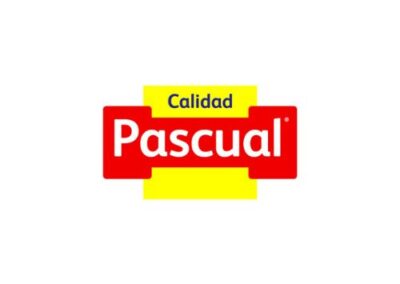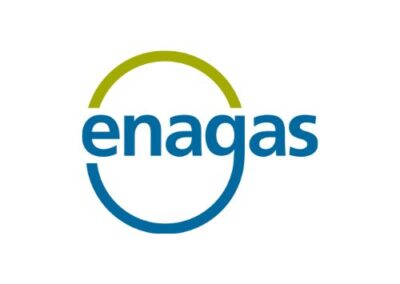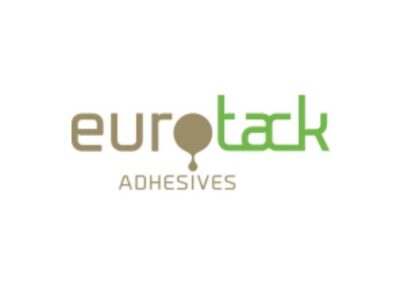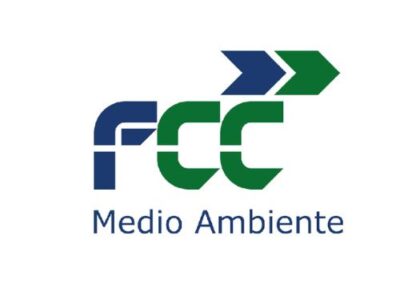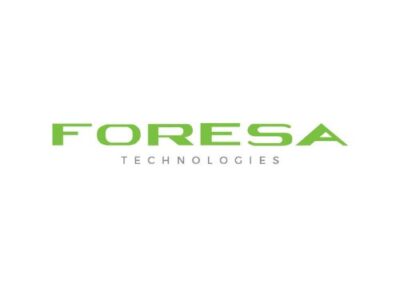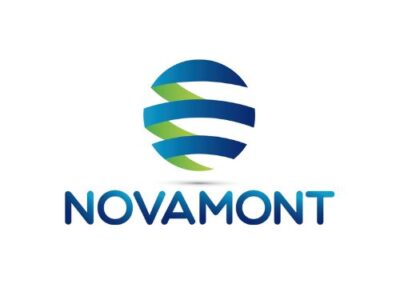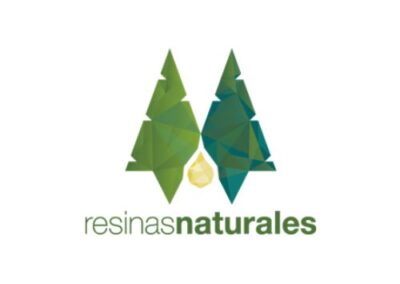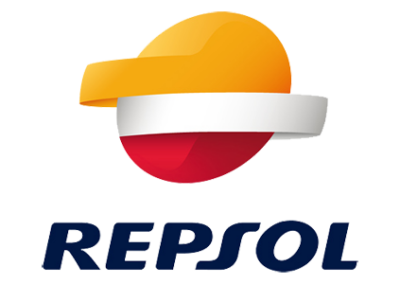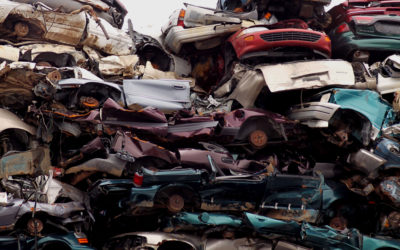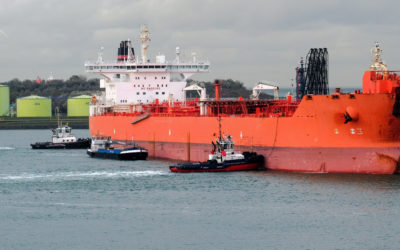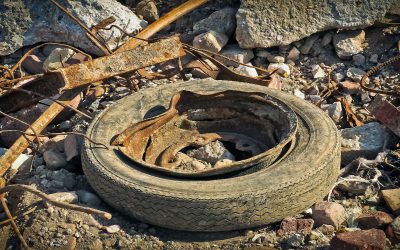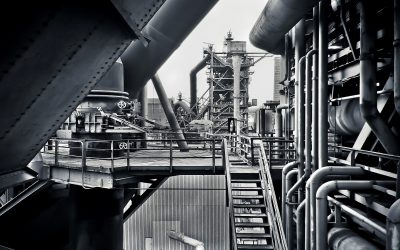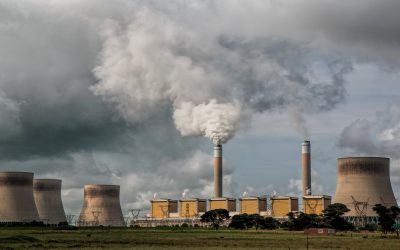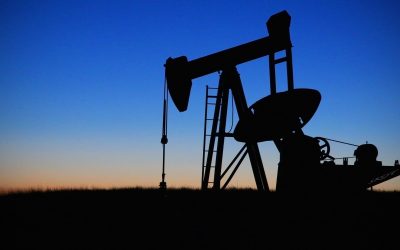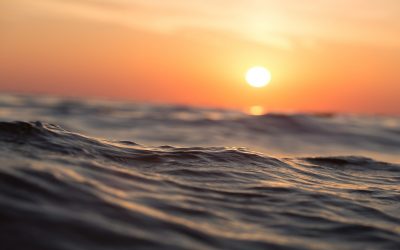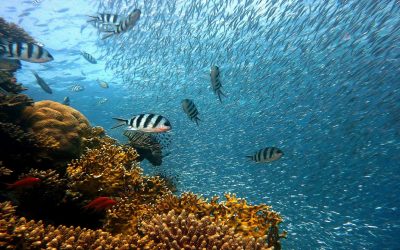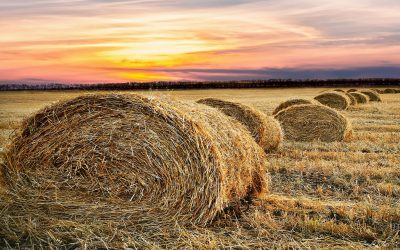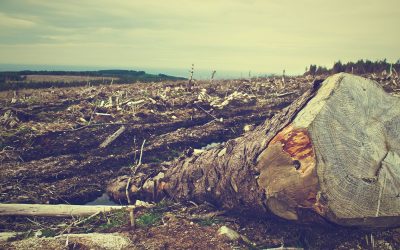Biotechnology
sustainable chemistry

RESEARCH AREAS
Biotechnology and Sustainable Chemistry
Description
The Biotechnology and Sustainable Chemistry Area (BQS) combines in an integrated way various areas of knowledge and tools based on biotechnology and green chemistry for the improvement and sustainability of industrial processes, environment and quality of life.
It is a transversal and multi-sectorial area, with a clear vocation for research and implementation of applied solutions, both to the industrial sector (food, chemical, materials) and to the protection and improvement of the environment, carried out from the point of view of the development of products and processes more efficient, sustainable and integrated in the life cycle.
Research lines
- Research in processes with chemical-catalytic reaction processes, heterogeneous catalysts and (bio)adsorbent materials.
- Research in thermochemical processes and intensification of pressure processes for the transformation of plastics, biomasses and recalcitrant waste into value-added products.
- Development of biobased materials with applications in polymers, adhesives and coatings with special properties.
- Development of advance fermentation process (with sustrate in liquid phase and/or gas).
- Application of advanced chemical and enzymatic hydrolysis processes for waste and lignocellulosic biomass treatment.
- Development of new applications and microbiological tools.
- Extraction and purification of active ingredients and proteins by biocatalysis and/or GRAS solvents.
Publications
- Hidalgo, D., Corona, F., Martín-Marroquín, J.M., Piñero, R., Antolín, G., Decentralized biomethane production using a combination of chemical scrubbing and low-pressure membrane technologies. Conference Progress in Biogas IV (2017).
- Hidalgo, D., Piñero, R., Martín-Marroquín, J.M., Corona, F., Acebes, P., Antolín, G. From biogas to biomethane: integrated process for the production of natural gas substitute. ATHENS 2017: 5th International Conference on Sustainable Solid Waste Management (2017).
- Sanz-Martín JM, Pacheco-Arjona JR, Bello-Rico V, Vargas WA, Monod M, Díaz-Mínguez JM, Thon MR, Sukno SA. (2016). A highly conserved metalloprotease effector enhances virulence in the maize anthracnose fungus Colletotrichum graminicola. Molecular Plant Pathology. doi: 10.1111/mpp.12347.
- Vargas WA, Sanz-Martín JM, Rech GE, Armijos-Jaramillo VD, Rivera LP, Echeverria MM, Díaz-Mínguez JM, Thon MR, Sukno SA. (2016). A fungal effector with host nuclear localization and DNA-binding properties is required for maize anthracnose development. Molecular Plant-Microbe Interactions 29: 83–95.
- Conesa J. A., Urueña Juan A. Díez D., (2014). Corn stover thermal decomposition in pyrolytic andoxidant atmosphere. Journal of Analytical and Applied Pyrolysis, 106 132–137.
- Piñero-Hernanz, R., García-Serna J., Dodds C., Hyde J.R., Poliakoff M., Cocero M.J., Kingman S., Pickering S., Lester E., (2008) Chemical recycling of carbon fibre composites using alcohols under subcritical and supercritical conditions. Journal of Supercritical Fluids, 46, 83-92.
- Piñero-Hernanz, R., García-Serna J., Cocero M.J., (2006). Nonstationary model of the semicontinuous depolymerization of polycarbonate. AIChe Journal, vol 52, 12, 4186-4199.
- Piñero-Hernanz, R., García-Serna J., Cocero M.J., (2005). Chemical recycling of polycarbonate in a semi-continuous lab-plant. A green route with methanol and methanol-water mixture. Green Chemistry, 7, 380-387
Reference clients:
Team
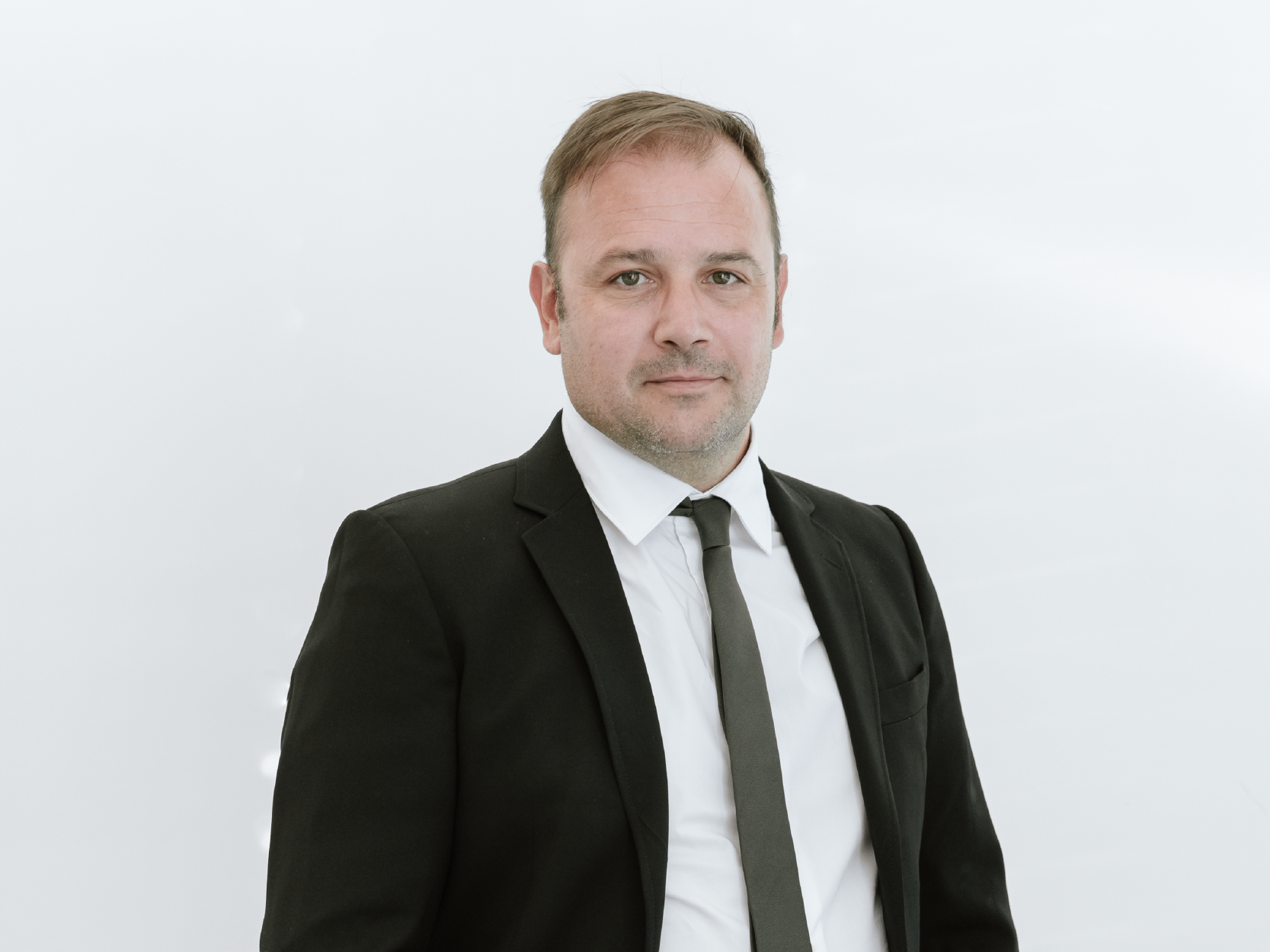
Alberto Moral Quiza
Head of Agrifood & Processes Division
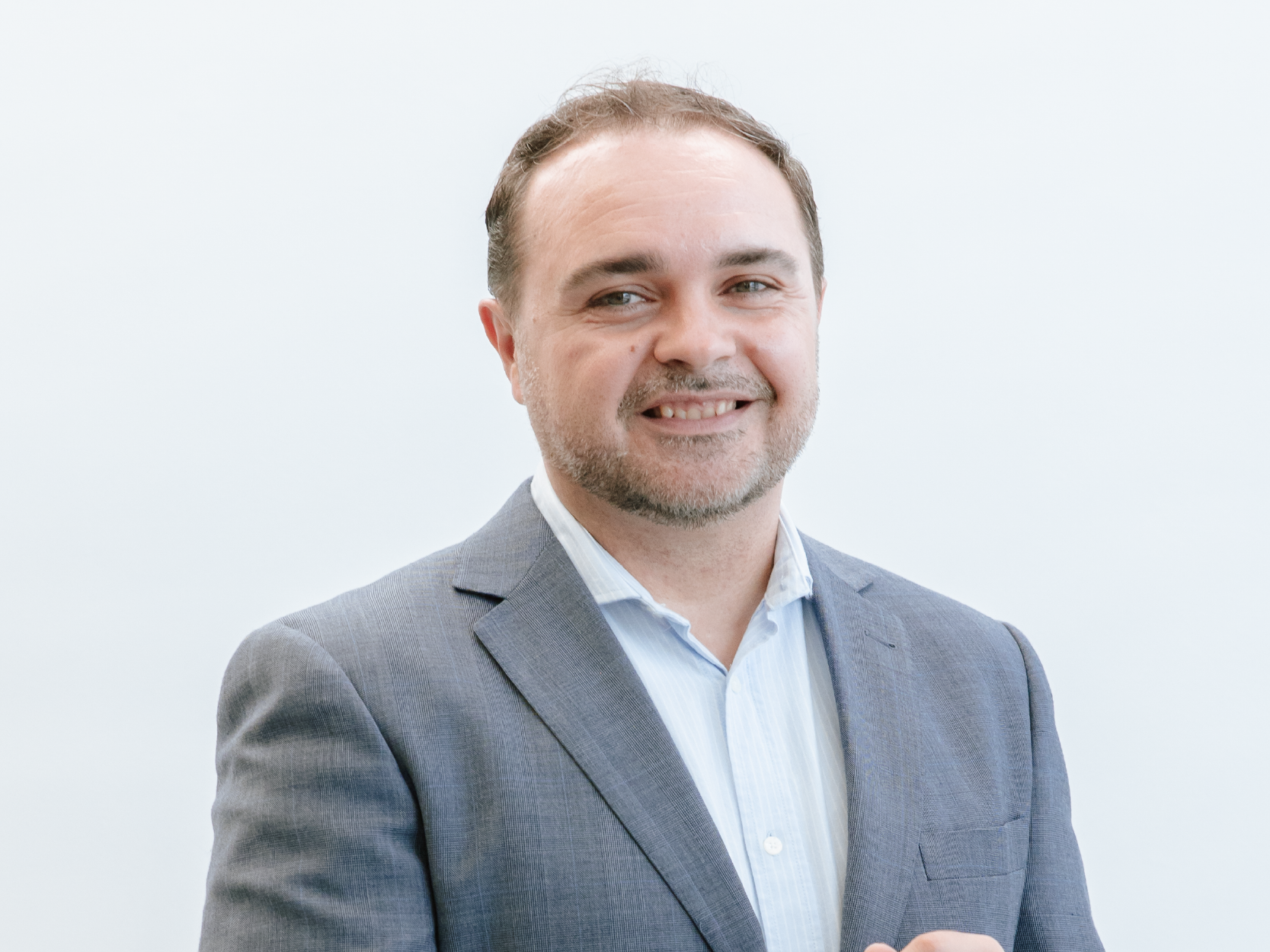
Raúl Piñero Hernanz
Head of Biotechnology Area
Related projects:
DELOREAN
DELOREAN aims to obtain new raw materials from the treatment of waste generated in a critical sector in the región, the automotive industry. The three wastes investigated (tires, lubricating oils and polypropylene) are generated in high quantities and their polluting nature makes it necessary to develop new ways for their management and use.
BioSFerA
BioSFerA aims to develop a cost-effective interdisciplinary technology to produce sustainable aviation and maritime fuels. The overall process, combining thermochemical, biological and thermocatalytic parts is based on the gasification of biomass and other biogenic waste and the 2-stage fermentation of the produced syngas.
LIFE LANDFILL BIOFUEL
The aim of LIFE LANDFILL BIOFUEL is to demonstrate the technical performance of a cost effective solution based on the implementation of new exploitation techniques of the waste cells to enhance the biogas production
BIOMOTIVE
The BIOMOTIVE project aims to demonstrate the production of new high-performance biomaterials (thermoplastic polyurethane, foams and fibres) for the automotive sector, with the objective of revolutionising the market.
ZEOCAT-3D
The ZEOCAT-3D project addresses the conversion of methane, from natural gas and biogas, into aromatic hydrocarbons of high added value and easily transportable
REPLACE
REPLACE aims at developing new methodologies to try to solve a critical environmental problem, the destruction of plastic wastes proceeding from petroleum.
LIFE BIOMASS C+
LIFE Biomass C+ aims to demonstrate improvements in climate mitigation strategies through the production of sustainable biofuel.
AQUAMUNDAM
AQUAMUNDAM pursues an improvement in the sustainable management of the integral water cycle, for this the development and demonstration of both methodologies and a modular information system that facilitates inter-administrative communication and of different agents with competence in the integral management of water is contemplated
REHAP
REHAP aims to strengthen the European bio-economy industry by creating novel materials from agricultural and forestry waste, and considering how they can be used commercially in the green building sector.
VALOR-PLUS
The VALOR-PLUS supports the realisation of sustainable, economically viable closed loop integrated biorefineries through the development of new knowledge, (bio-)technologies and products that enable valorisation of key biorefinery by-products.
